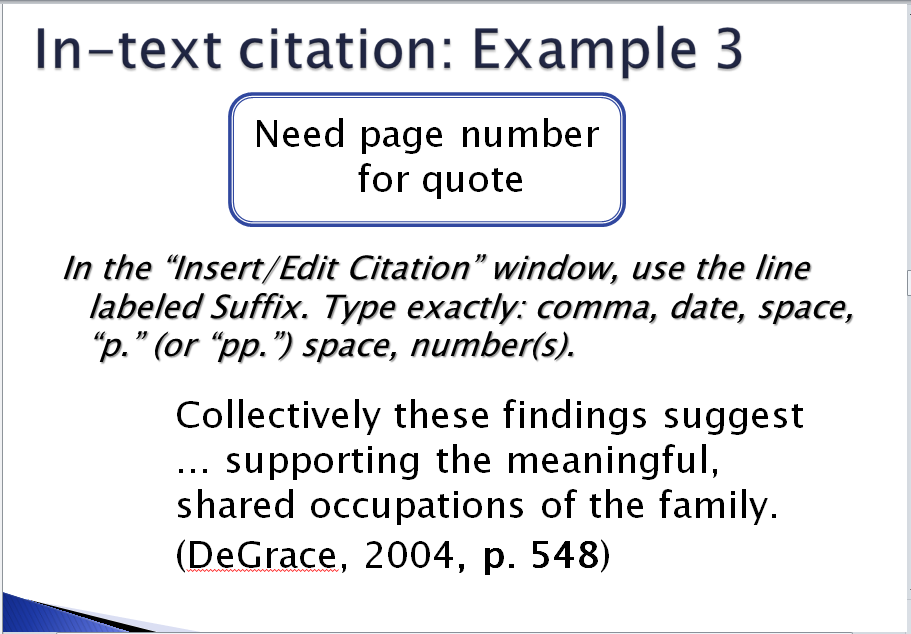MyBib creates accurate citations automatically for books, journals, websites, and videos just by searching for a title or identifier (such as a URL or ISBN). Plus, we're using the same citation formatting engine as professional-grade reference managers such as Zotero and Mendeley, so you can be sure our bibliographies are perfectly accurate in.
A 'citation' is the way you tell your readers that certain material in your work came from another source. It also gives your readers the information necessary to find that source again, including:
- information about the author
- the title of the work
- the name and location of the company that published your copy of the source
- the date your copy was published
- the page numbers of the material you are borrowing
- Citations are extremely helpful to anyone who wants to find out more about your ideas and where they came from; not all sources are good or right - your own ideas may often be more accurate or interesting than those of your sources. Proper citation will keep you from taking the rap for someone else's bad ideas.
- Create citations and organize your references into different projects and bibliographies. Export References Easily export your bibliography in one of over 9000 styles — APA citation, Harvard citation, MLA, DIN, Chicago, and 9 000+ more.
Why should I cite sources?
Giving credit to the original author by citing sources is the only way to use other people's work without plagiarizing. But there are a number of other reasons to cite sources:
- citations are extremely helpful to anyone who wants to find out more about your ideas and where they came from
- not all sources are good or right -- your own ideas may often be more accurate or interesting than those of your sources. Proper citation will keep you from taking the rap for someone else's bad ideas
- citing sources shows the amount of research you've done
- citing sources strengthens your work by lending outside support to your ideas
Doesn't citing make my work seem less original?
Not at all. On the contrary, citing sources actually helps your reader distinguish your ideas from those of your sources. This will actually emphasize the originality of your own work.
When do I need to cite?
Whenever you borrow words or ideas, you need to acknowledge their source. The following situations almost always require citation:
- whenever you use quotes
- whenever you paraphrase
- whenever you use an idea that someone else has already expressed
- whenever you make specific reference to the work of another
- whenever someone else's work has been critical in developing your own ideas.
In scholarly writing, it is essential to acknowledge how others contributed to your work. By following the principles of proper citation, writers ensure that readers understand their contribution in the context of the existing literature—how they are building on, critically examining, or otherwise engaging the work that has come before.
APA Style provides guidelines to help writers determine the appropriate level of citation and how to avoid plagiarism and self-plagiarism.
We also provide specific guidance for in-text citation, including formats for interviews, classroom and intranet sources, and personal communications; in-text citations in general; and paraphrases and direct quotations.

Additional Resources
Master academic writing with APA’s essential teaching and learning resource
Teaching APA Style? Become a course adopter of the 7th edition Publication Manual
Citations In Mla Format
View frequently asked questions, quick guides, and our free tutorial
